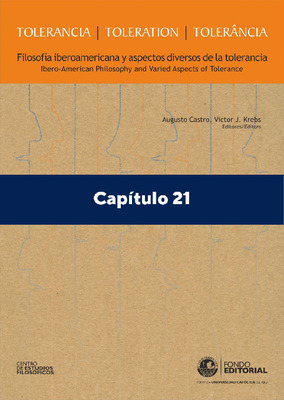| dc.contributor.author | Bearn, Gordon C. F. | |
| dc.date.accessioned | 2023-01-27T19:38:13Z | |
| dc.date.available | 2023-01-27T19:38:13Z | |
| dc.date.issued | 2012 | |
| dc.identifier.uri | https://repositorio.pucp.edu.pe/index/handle/123456789/188631 | |
| dc.description | Páginas [271]-286 | |
| dc.description.abstract | I think Wittgenstein’s fear of wanting to make fine distinctions goes to the heart of his philosophy. If he gave in to his desire for fine distinctions, he would no longer be able to stop doing philosophy when he wanted to3 . And since the way he brings philosophical investigations to an end, is by bringing words back from their metaphysical to their everyday use, it becomes plausible that the enormous danger which grips Wittgenstein in the midst of his discussion of aspect seeing is the enormous danger of metaphysics. | es_ES |
| dc.language.iso | spa | es_ES |
| dc.publisher | Pontificia Universidad Católica del Perú. Fondo Editorial | es_ES |
| dc.relation.ispartof | urn:isbn:9789972429880 | |
| dc.rights | info:eu-repo/semantics/openAccess | es_ES |
| dc.rights.uri | http://creativecommons.org/licenses/by-nc-nd/2.5/pe/ | * |
| dc.source | Tolerancia = Toleration = Tolerância | |
| dc.subject | Wittgenstein, Ludwig, 1889-1951--Crítica e interpretación | es_ES |
| dc.title | The enormous danger | es_ES |
| dc.type | info:eu-repo/semantics/bookPart | |
| dc.type.other | Capítulo de libro | |
| dc.subject.ocde | https://purl.org/pe-repo/ocde/ford#6.03.01 | |
| dc.publisher.country | PE | |
| dc.identifier.doi | https://doi.org/10.18800/9789972429880.021 | |


